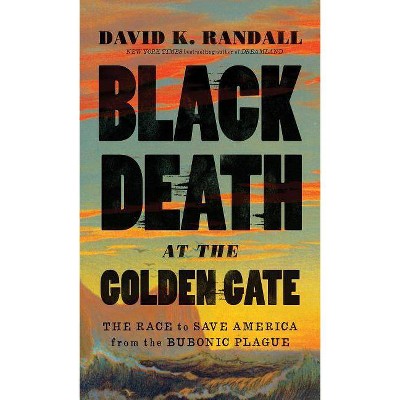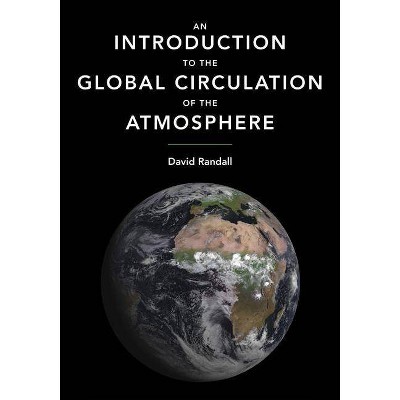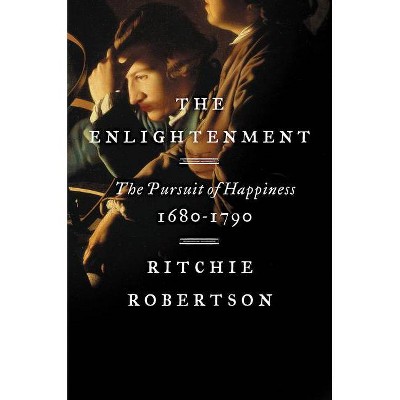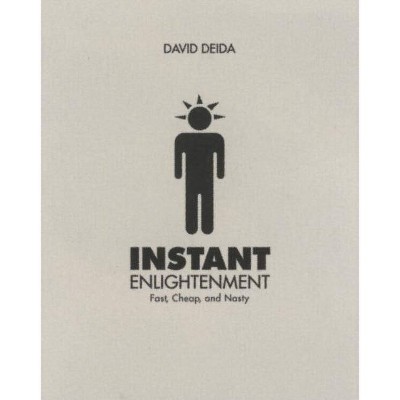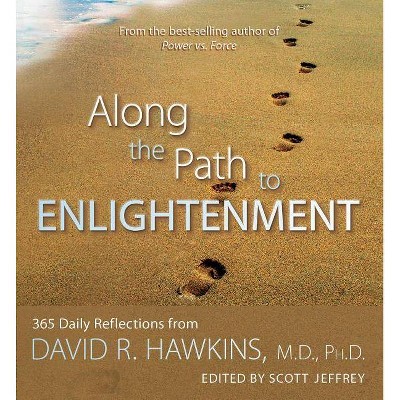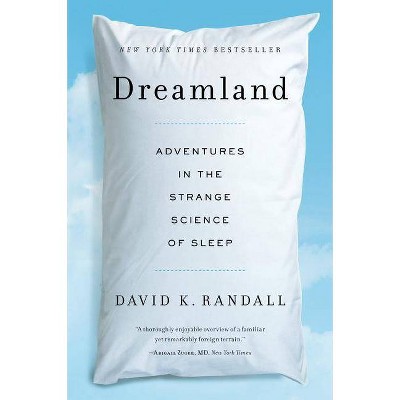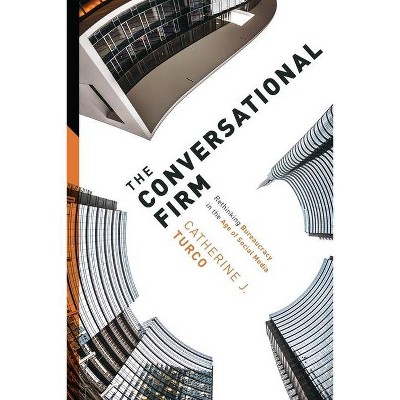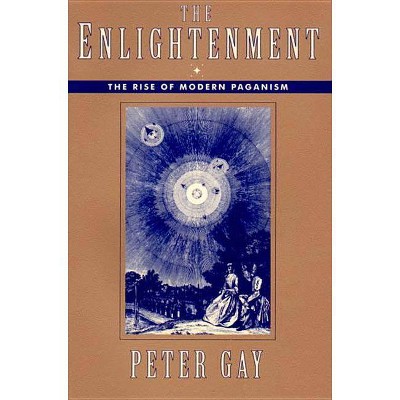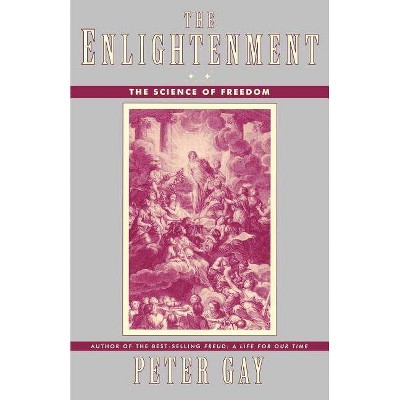The Conversational Enlightenment - by David Randall (Hardcover)
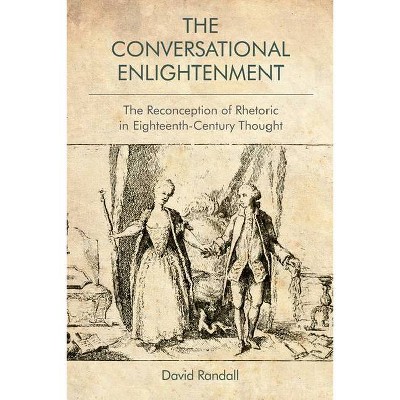
Similar Products
Products of same category from the store
AllProduct info
<p/><br></br><p><b> About the Book </b></p></br></br><p><em>The Conversational Enlightenment</em> traces the spread of the concept of conversation during the Enlightenment, including the project of politeness, the fine arts, philosophy and public opinion. </p><p/><br></br><p><b> Book Synopsis </b></p></br></br><p><strong>The ever-widening application of conversational style created a conversational Enlightenment</strong></p> <p><em>The Conversational Enlightenment</em> traces the spread of the concept of conversation during the Enlightenment, including the project of politeness, the fine arts, philosophy and public opinion. The book narrates this triumph of conversational style and thought partly as a succession to the oratorical rhetoric that characterised the Renaissance and partly as the victory of the only mode of speech that recognised women as women, and not as imitation men. It also rewrites Jürgen Habermas' history of the public sphere as the history of rational conversation.</p> <p><strong>Key Features: </strong></p> <ul> <li>The first book-length intellectual history of Enlightenment conversation in English</li> <li>Synthesises a great deal of Enlightenment intellectual history within the frameworks of rhetoric and conversation</li> <li>Puts women's speech at the heart of the history of Enlightenment rhetoric</li> <li>Fuses Habermas' historical-theoretical framework to the history of rhetoric, revising both</li></ul><p/><br></br><p><b> From the Back Cover </b></p></br></br>The ever-widening application of conversational style created a conversational Enlightenment The Conversational Enlightenment traces the spread of the concept of conversation during the Enlightenment, including the project of politeness, the fine arts, philosophy and public opinion. The book narrates this triumph of conversational style and thought partly as a succession to the oratorical rhetoric that characterised the Renaissance and partly as the victory of the only mode of speech that recognised women as women, and not as imitation men. It also rewrites Jürgen Habermas' history of the public sphere as the history of rational conversation. David Randall is Director of Research at the National Association of Scholars.<p/><br></br><p><b> Review Quotes </b></p></br></br><br>The sheer amount of material [this book covers] is at least half the appeal. Randall weaves a thick, elaborate, and mostly seamless tapestry from sometimes disparate threads. He prefers to let the texts speak for themselves, drawing his conclusions following lengthy quotations in English, French, and Italian. The other half of the [book's] appeal, then, is in Randall's nimble analyses. For instance, he finds persuasive geographical, temporal, and conceptual continuities to demonstrate the significance of natural law jurisprudence's emphasis on self-preservation, an emphasis that runs from Hugo Grotius, Thomas Hobbes, and Samuel Pufendorf through to the link between sociability, on theone hand, and behavior and manners, on the other.--James Donathan Garner, University of Texas at Austin "Rhetorica "<br><p/><br></br><p><b> About the Author </b></p></br></br><p>David Randall is Director of Research at the National Association of Scholars. His publications include <i>Credibility in Elizabethan and Early Stuart Military News</i> (2008) and <i>English Military News Pamphlets, 1513-1637</i> (2011).<p>
Price History
Price Archive shows prices from various stores, lets you see history and find the cheapest. There is no actual sale on the website. For all support, inquiry and suggestion messagescommunication@pricearchive.us
